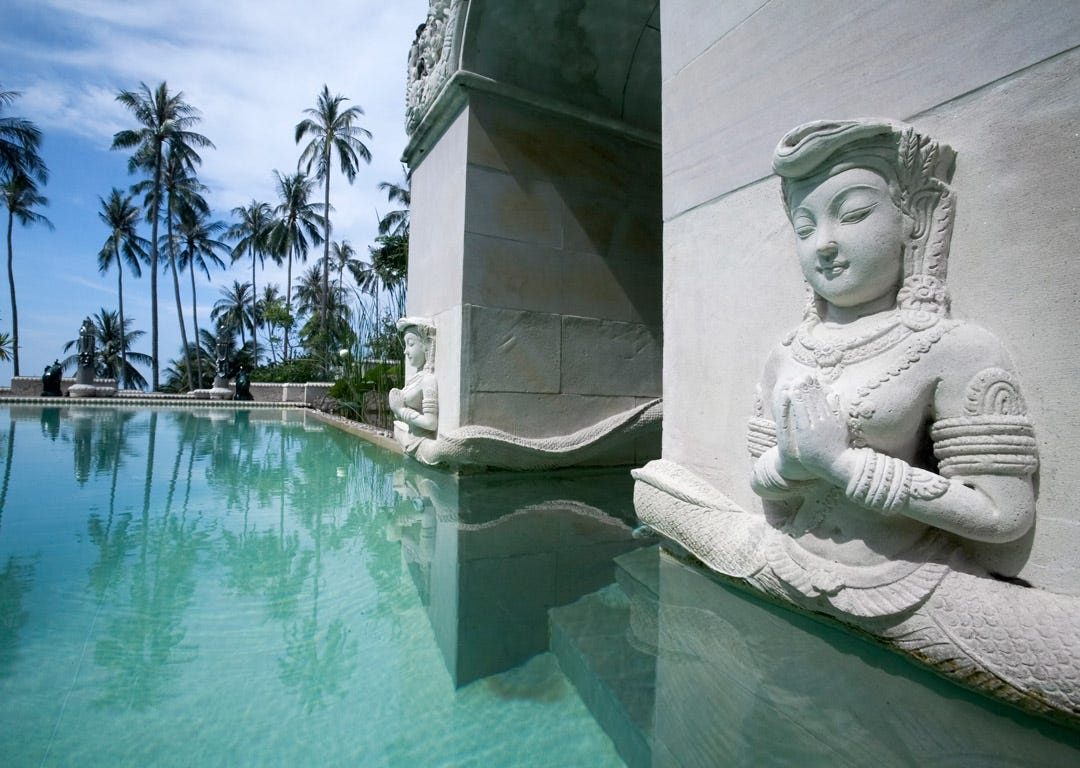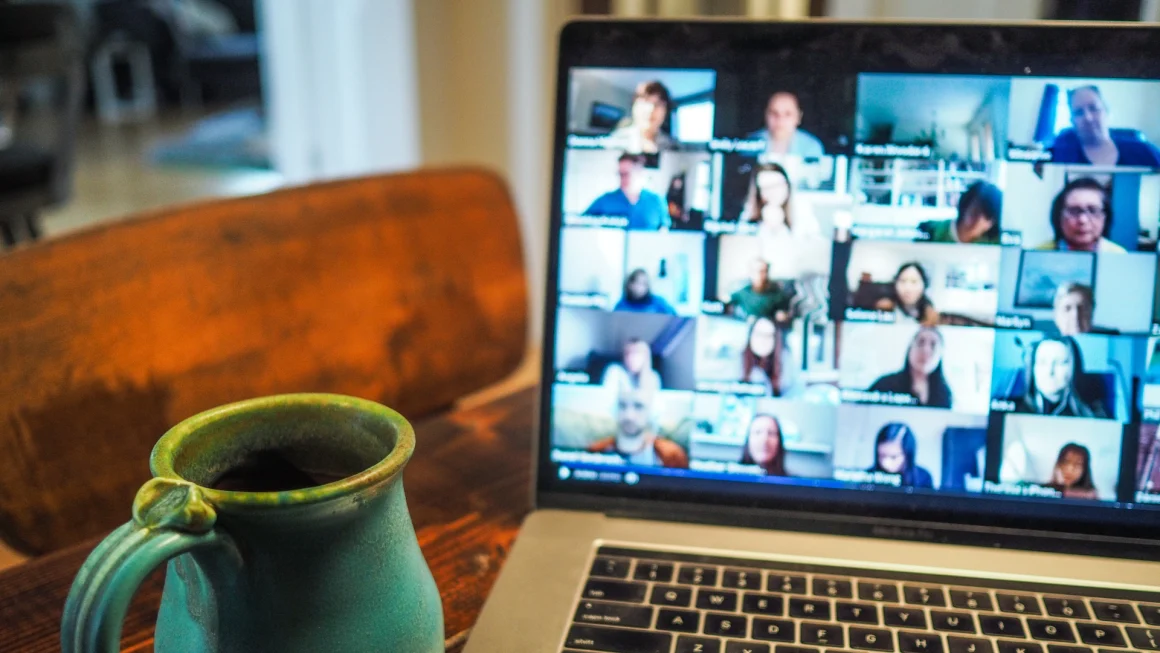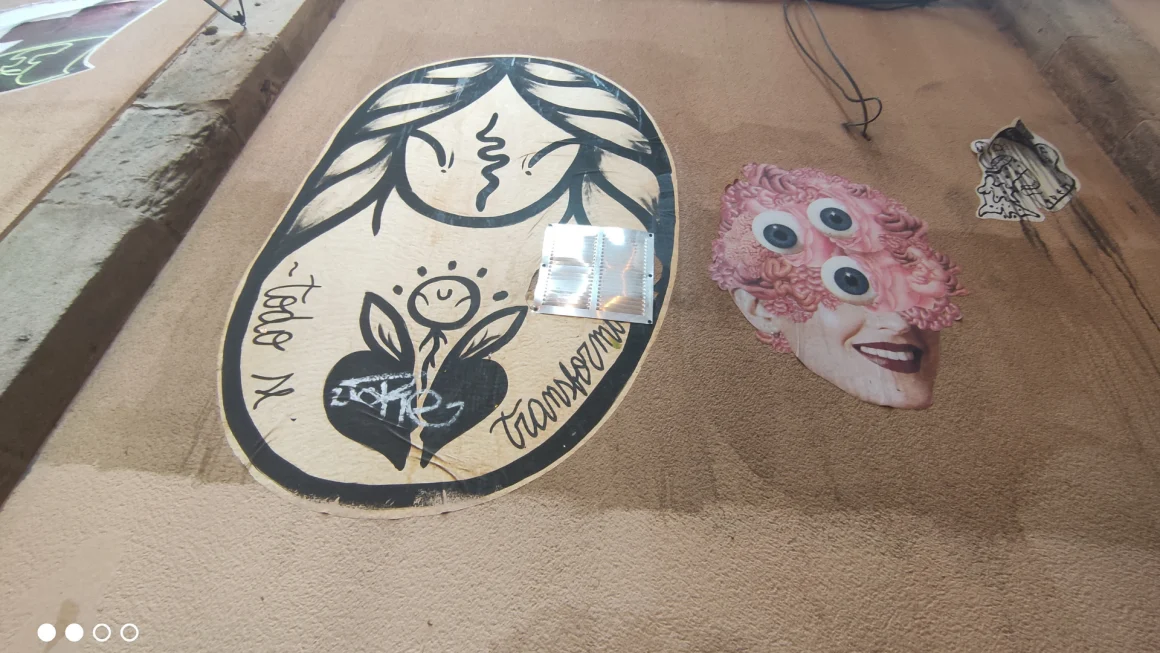Who Are you?

UK born. Started traveling at 16 — Switzerland, South Africa, Australia, Asia. Made a three decades career out of it, until now. Fell in love with the industry, the top luxury level. And also with Zurich, by the way, where I got my first Hilton job. I feel super grateful.
Now I am cofounder of MAZE, where we deliver precisely considered and expertly crafted solutions for hotel owners, investors and hospitality companies seeking to make a real and purposeful impact to their businesses. Asset management is often at the core of it. Sometimes hotel owner and operator have a less-than-perfect understanding of each other, as I may say so. Intercultural differences often add to the gap. In a globalized world folders with generic standards and crystallized procedures don’t work anymore. MAZE knows and helps. We have seen the Russians coming, changing the landscape — and we developed strategies on how to adapt. The same with the Middle East. And now with China.
Also I founded TOPAZ from where I advise top hospitality players and related industries on brand and communication strategies.
What are the most exciting new developments or initiatives — with future growth potential — you have come across recently?
Luxury leisure travelers are taking significantly better care of themselves. Mentally, physically, emotionally, even spiritually. This was happening already before Covid-19 but certainly will continue. They long for transformative life experiences, transformative hotel stays. How do you tap into that intensified consumer desire? How to reach out and relate to them? How to convert them to your brand? Consumers these days are increasingly booking their stays directly themselves. Top luxury travelers are seeking for brands they really can trust. Brands that do everything right. Not only guaranteeing absolute fantastic experiences but also robust sustainability and social responsible treatment of staff. Respect for both the planet and the colleagues in the hotel. For me Six Senses luxury hotels are leading this way.
You are talking about transformative stays. That sounds impressive. But what do you mean?

Transformative stays can only happen when both the hotel and the guest are in the right state of mind. (I am talking about leisure stays here, not business travelers.) Many of us are stressed, even bordering on burn-out. Others mourn the loss of a loved one. I have met Afghan war soldier suffering post-traumatic stress syndrome. We all probably now meet more cross roads in our lives than former generations, simply because life goes so fast with more options than ever. Then we need transformative hotel resort stays. I personally experienced it all at Kamalaya Wellness Sanctuary, Thailand. You must allow the hotel to completely nurture you. That begins with them monitor your vital signs. For that you must trust the hotel, the brand solidly enough to let them guide you and support you. Very often they will enable you to embrace tranquility. Wellness, the generic term, is a 600 billion dollars business. The very best of the industry, the absolute top of retreats can bring a spiritual awakening. Here for me the Aman Luxury Resorts group epitomizes it all. Actually it is always much more than a resort. It is an immersive, supportive, subtly hands-on experience. Leisure can involve so much more than lying by the pool.
Next-step wellness goes beyond the pool — what else?
I have nothing against lying by the pool. But next-step wellness hotels will offer more fulfilling stays. Here yoga classes, steam baths and gyms are almost becoming ‘commodities’. They are not really next-step anymore. The new luxury guest increasingly desires guilt-free stays. This implies that the hotel must sincerely care both for the planet and for its employees — on a level far beyond window dressing.
Look at the vegan movement. Vegan is more than healthy eating. It is even more than a guilt-free lifestyle. It goes deeper. It deals with how contemporary farming is organized. It demands to know whether milk is taken from cows in depriving ways. Many vegans are seriously in the know. They want to understand. They can formulate answers. Vegans are not alone and on their own anymore. A whole industrious business ecosystem has quickly been created around veganism. The best of us want te be educated, educated seriously.
Many of us want to lose weight. Diets are everywhere, even if we all know the yoyo effect. NOOM hotels takes a more wise approach. They don’t focus too much on what’s on your plate. They start to examine, together with you, your psychological relationship to food. When people go deeper into that subject, it will lead to more substantial changes in their food habits — beyond the demotivating yoyo effect. The same here as with the vegan movement: it is about deeper understanding, leading to more fundamental and sustainable changes.
Last but not least next-step wellness will be all about sincere human interaction. We crave for it, with or without COVID-19. Much of the staff-guest communication in the great hotels has become too regulated in order to feel really sincere. Ritz Carlton’s claim — ‘ladies and gentlemen serving ladies and gentlemen’ — of course was helpful and admirable in the beginning. But later on it got more and more scripted. When staff start acting as the operation procedures prescribe, the ease, the sincerity, even the humanity goes out of it.
For this same series of interviews I talked with Aleksandra Zakrevskaya, an extremely well-traveled Millennium. She alternates between better hostals and top tier hotels for decades. Often she prefers the first (cheaper) category. More authentic, more real and spontaneous. Less scripted.
I am with Aleksandra. Have a look at the reviews and comments at Tripadvisor. Guests are writing about their amazing stays, fine breakfasts, delightful concierges and really comfortable beds. Then the GM of the hotel answers how happy the whole hotel is, that the stay has been so satisfying. And that they hope to see the guest back soon. When a guest comes with a complaint, the reaction is equally procedural and mindless: we are very sorry to hear and we hope you will try us again soon. How stereotypical and transactional communication you can go! No former guest will be happy with a GM simply copy-and-pasting the comment and then add a one-dimensional remark to it. It’s visibly and painfully in-authentic. It is the opposite of bonding and trust-building.
The same happens often when someone wants to book an event at the hotel, say 20 people for three nights. The standard answer is, that the hotel is very happy and can deliver, fulfilling all demands and desires. And feel free to contact us anytime. It is the same protocol, the same standardized approach. Nowhere is shown a real interest in the event and what the applicant hopes to achieve with it. It is about the hotel, not the event. How to overcome this purely transactional kind of communication and it into something more real and sincere, might be the ultimate challenge for next-step well-being.
I also had the honor to interview Erich Steinbock — former GM of the Carlyle, New York amongst many other positions — for this series. He spoke about the ultimate importance of emotional intelligence when it comes to hospitality, certainly also next-step hospitality.
It is never the bed that brings a guest back. It will be the delivered experiences. Next-step it will culminate in blissful transformations. You can’t get there without a staff that is intuitively sensitive, that is emotionally intelligent. That means, for instance, that staff discreetly notices when a guest doesn’t show up for breakfast or is up at five in the morning. It is about being treated as a human being more than as: a guest.
When the GM comes to have a nice chat with you, that feels fine. But the feeling sours as soon as you know that standard operation procedures oblige the GM to do so with twenty guests a day. Sincerity evaporates. Together with any emotional intelligence.
What other upcoming trends and movements you see?
One: people are becoming more adventurous. Remote areas travel increased already before Covid-19 — think Patagonia — and it will continue. Being the first somewhere is Cool. Not in the least because you can show it on Instagram. The thrill of it. Don’t underestimate the power of FOMO — fear of missing out. Maybe we should call it the New Curiosity. Saudi Arabia is developing its Red Sea region along these lines: unexplored areas combined with transformative hospitality. It wants to acquire a position in the top five of luxurious travel destinations.
Two: F&B has always been part of the New Curiosity, of course. And yet, F&B misses two points. Point 1: Look at the room service menus for business travelers. They are everywhere the same, eternally circling around hamburgers and Caesar salads. You can read the menus with your eyes closed. Un-imagination leads. Point 2: Sometimes, with all respect, F & B is too much focused on Michelin-cuisine. When an Australian visits Italy she/he probably wants to eat real Italian food, preferring it above super sophisticated Michelin tour-de-forces. Guests like to get immersed in local cuisine — it is part of why they come to Italy in the first place. Does the chef gets his vegetables from villages close by — can I join? How does the hotel support the surrounding community. Where and when was the fish caught? No menu restaurants are also on the rise: tapping into the New curiosity.
Three: Covid-19 won’t be our last nasty surprise. Health protection will grab our attention for a longer period. Also privacy data protection will keep us all preoccupied. Even the Mandarin Oriental didn’t escape shame and scandal on the topic. Privacy awareness is low but on the rise. When I want to book a luxury trip and the organizer sends me an email with all other participants cc’d, I refrain from joining. It indicates carelessness, a naivety that increasing goes against the Zeitgeist grain.
If you want to be in contact with thought leader Alison Styles, please email [email protected]






